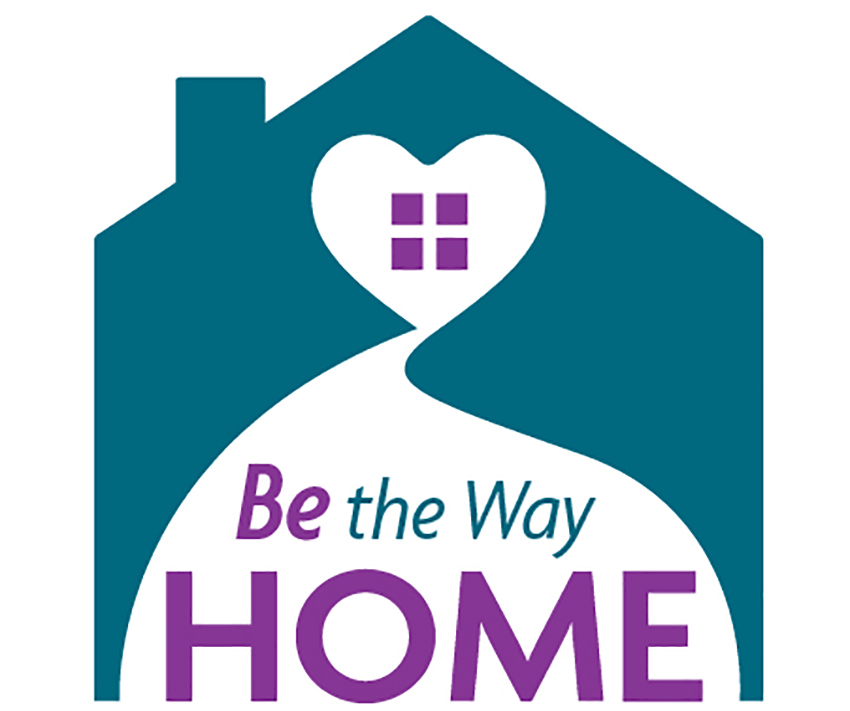The Department of Health (DOH) has published information about the health impacts of wildfire smoke overlapping with COVID-19.
DOH provides guidance for reducing exposure to wildfire smoke during COVID-19. Some tips include:
- Stay indoors and keep indoor air clean.
- Reduce intake of smoke into your home.
- Avoid activities that create indoor air pollution.
- Improve indoor air filtration.
You can also find additional tips for emergency readiness here.
Additional Resources from Coordinated Care of Washington
Wildfire FAQ
Whom can I contact if I have a question?
- Apple Health members: 1-877-644-4613 (TTY/TDD: 1-866-862-9380); staffed Monday-Friday 8 a.m. to 5 p.m.; urgent calls triage to Nurse Advice Line 24/7.
- Apple Health Core Connections: 1-844-354-9876 (TTY/TDD: 711); staffed Monday-Friday 8 a.m. to 5 p.m; urgent calls triage to Nurse Advice Line 24/7.
- 24-hour Nurse Advice Line: 1-877-644-4613.
The smoke is making my or my family member’s disease symptoms worse. Will someone be able to guide me where to go for care?
- If you or your loved ones have a lung or heart condition such as asthma, COPD or heart disease, or COVID-related symptoms, and are not able to refill or replace your medications, please call us at 1-877-644-4613 (TDD/TTY 1-866-862-9380). You can also ask to speak to a Registered Nurse who can help answer your healthcare questions.
- If you need to schedule or reschedule a doctor’s appointment or would like to speak with one of our professional Care Managers during this time of need, please call us at 1-844-237-6489. We can also help you with food, housing & transportation.
What if I have to leave my area and can’t visit my doctor or pharmacy to refill my prescription? Or, what if they are closed because of the fires?
- We have informed providers that out of network authorizations can be allowed.
- Prescriptions can be transferred and refilled at any network pharmacy.
- Early refills can be allowed if requested.
- We authorize pharmacies to provide up to a 90-day supply of medication when an emergency fill is needed.
I know that some services normally need an authorization request, such as early prescription refills. Which services still require a request during a wildfire?
Some authorizations change status during a disaster, while others remain in effect. The list below describes what you need to know about certain services.
- Altered authorizations during a wildfire disaster:
- Pharmacies are instructed to allow early refills and up to a 90-day emergency medication supply if requested.
- Out of network provider visits.
- Authorizations needed during a wildfire disaster:
- Medical services or medication for medical necessity. We will process these requests as ‘urgent’ during a wildfire disaster.
- These changes will remain in effect until the emergency no longer exists, or 90 days after the emergency has been declared.
Will my doctor know that I may need to use a different source for my prescription, or that I may need an early refill?
- We informed providers and pharmacies that early refills and out of network authorizations can be allowed.
What should I do to keep my family healthy when a wildfire is in my area?
- Air quality can be poor from the wildfire smoke. Common symptoms include headache, dizziness, congestion, cough, runny nose, watery eyes, and shortness of breath.
- To avoid these symptoms, drink lots of water and stay indoors as much as possible. If possible, use air conditioning instead of opening windows to keep cool.
- If possible, use an air cleaner with a HEPA filter in order to create a ‘clean room.’ This room should not have a fireplace, and few windows or doors.
- Stock up on necessary medication and supplies stocked.
- Read more on how to protect your and your family's health from outdoor smoke at https://wasmoke.blogspot.com/p/federal.html.
Who is most at risk to wildfire smoke?
- Children under 18 and adults over 65.
- People with heart and lung diseases.
- People with illnesses and colds.
- People who have had a stroke.
- Pregnant women.
- People who smoke.
Additional resources from Coordinated Care of Washington, Inc. and the State of Washington.
- Use our Teladoc service to see a doctor by phone or video from home at no cost.
- Go to CoordinatedCareHealth.com/Telehealth to get started.
- Coordinated Care Newsroom.
- Governor Inslee’s Washington Wildfire Resources and Updates.
- Washington Smoke Information Blog.

